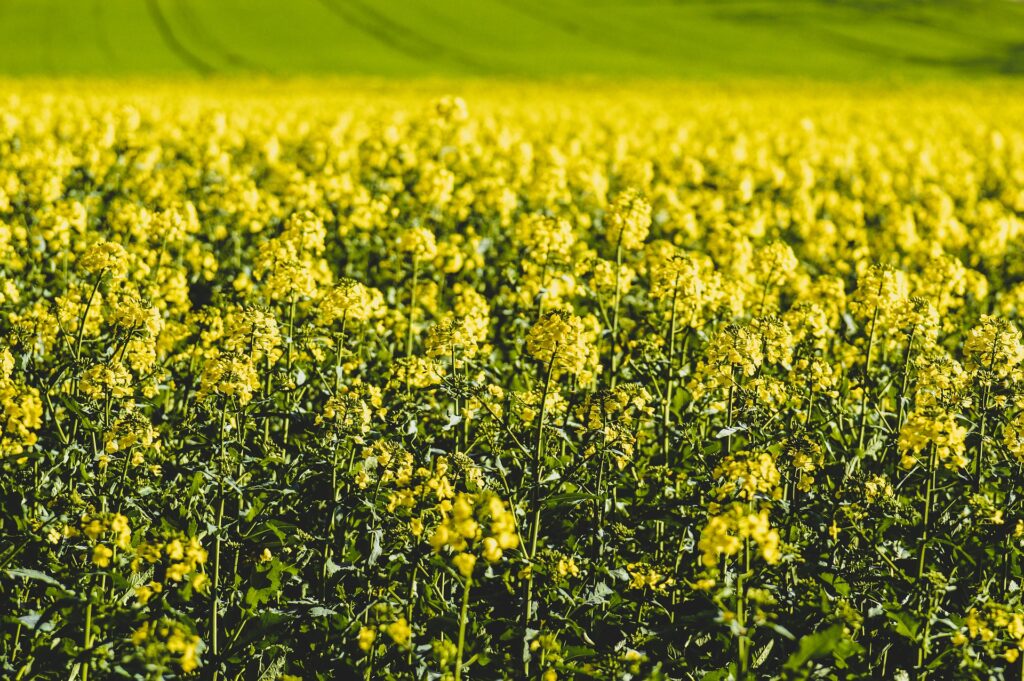Making Wheat a Priority
“It’s time to put wheat back on top again,” said Saskatchewan Premier Brad Wall after announcing $10 million in new funding for wheat-related research over five years. “Early varieties like Marquis made farming worthwhile in all but the most inhospitable parts of the prairies. It allowed the prairies to become the breadbasket of the British Empire for the next 100 years. It’s time to recapture that leadership, so Saskatchewan can help feed a hungry planet.”
Biotech Crop Acceptance Continues to Climb
During 2011, an additional 12 million hectares were planted, representing an annual growth rate of eight per cent over 2010, according to Clive James, author of the annual biotech crop report by the International Service for the Acquisition of Agri-biotech Applications. “Three requirements are needed for continued success in biotech crop commercialization,” says James. “First, countries must secure political will and support; second, [they must] develop innovative game-changing trait technologies which will have high impact; and third, [they must] ensure science-based, time- and cost-effective deregulation, in order to provide farmers new technologies for timely continued growth and productivity.”
Grain and Oilseed Demand
Ken Morrison of Morrison on the Markets told attendees of the American Seed Trade Association’s CSS & Seed Expo that grain and oilseed demand is determined by many factors outside North America. “We need to associate demand drivers with population growth, but oftentimes it is urbanization along with income growth that drive the global grain and oilseed demand,” Morrison said. “Along with population growth, urbanization and rising incomes also come improved diets in the form of diversified foods and complex, processed foods.” Morrison added that production of biofuels is a tremendous driver of grain and oilseed demand, more so recently than ever. “There is continued biofuels growth around the world and that’s going to have a major impact on global grain and oilseed demand,” he said, adding that by 2020, global biofuels use is estimated to consume 13 per cent of the world’s coarse grain, 15 per cent of all vegetable oil and 30 per cent of the world’s sugarcane.
Will Europe Lose All Modern Plant Breeding Techniques?
“We look at [genetically modified crops] as a technology. It’s one additional tool in the breeder’s toolbox. And that tool has proven to be a mighty effective one worldwide … Europe’s regulatory system in this area, as we all know, isn’t working. We have no authorizations for such crops, so there’s a growing divide between the regulatory systems in other parts of the world, and what is happening in Europe … if we don’t defend this technology, we might lose other modern plant breeding technologies in the future. There is currently a debate in Europe on these new breeding techniques—cisgenesis, synthetic biology, reverse breeding and many more—and whether or not these should be classified and regulated as GM crops. If they were, we feel the outcome would be similar—the absence of these technologies from Europe, resulting in large-level imports of crops from other parts of the world, where these techniques will be adopted, implemented and regulated in a much more pragmatic way,” says Garlich von Essen, secretary general, European Seed Association.












